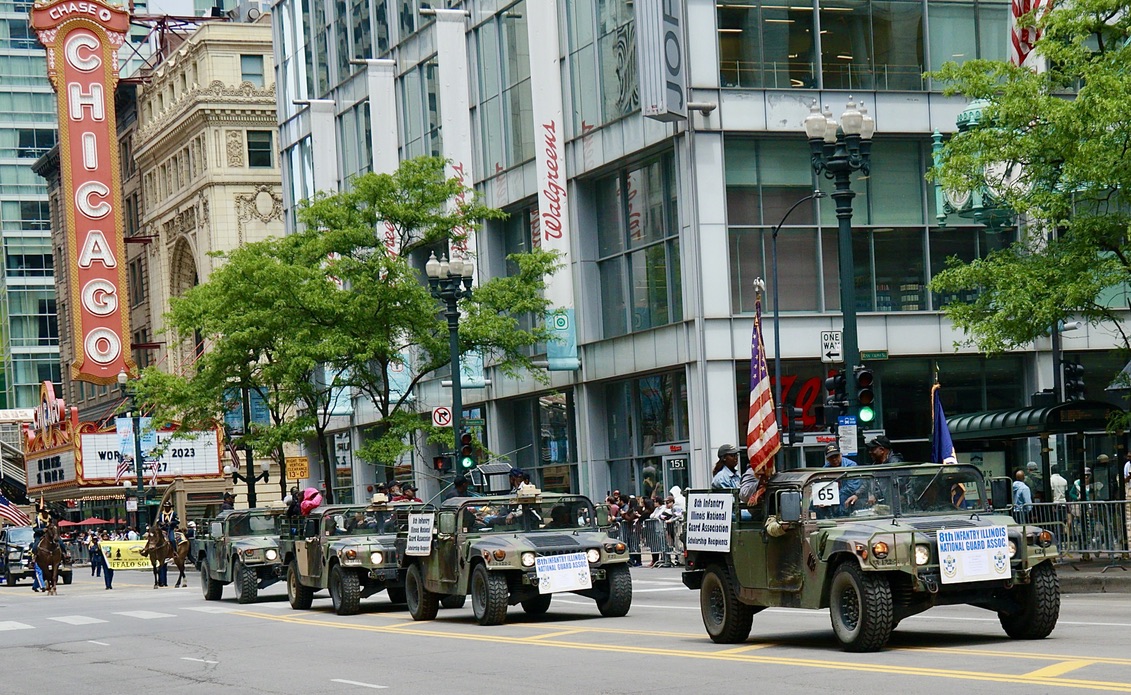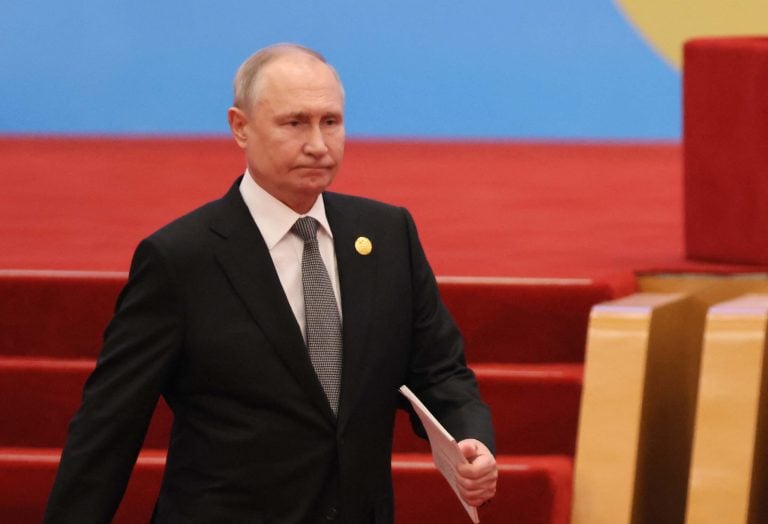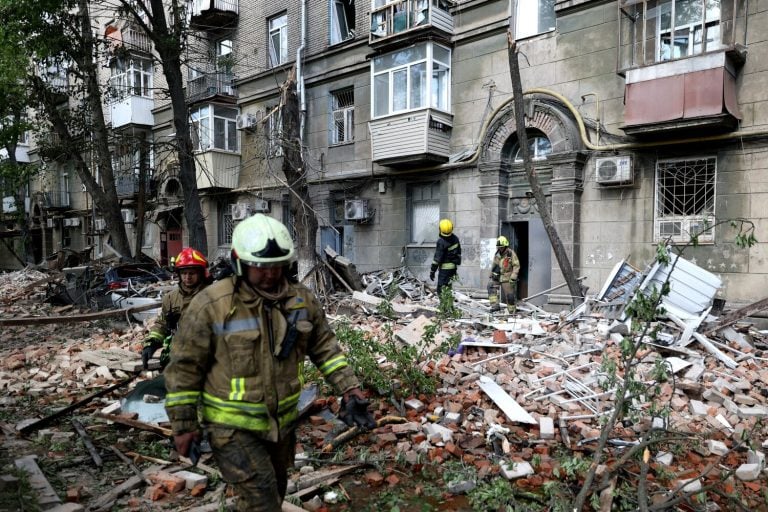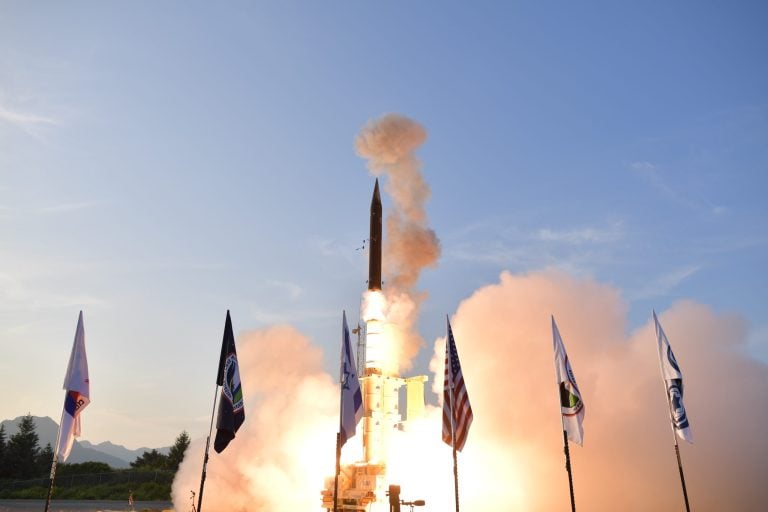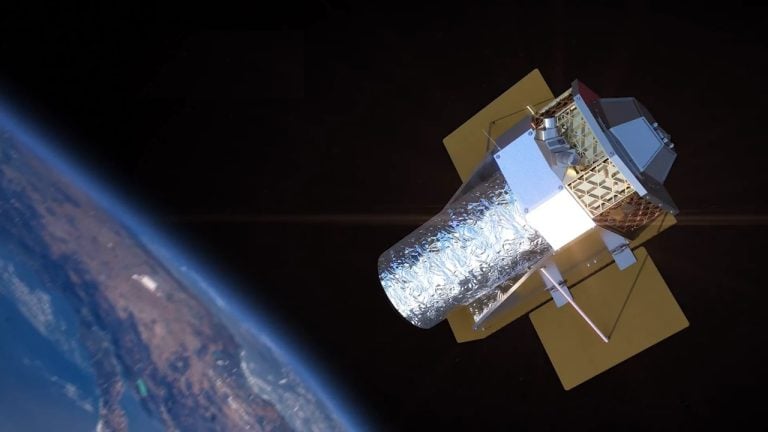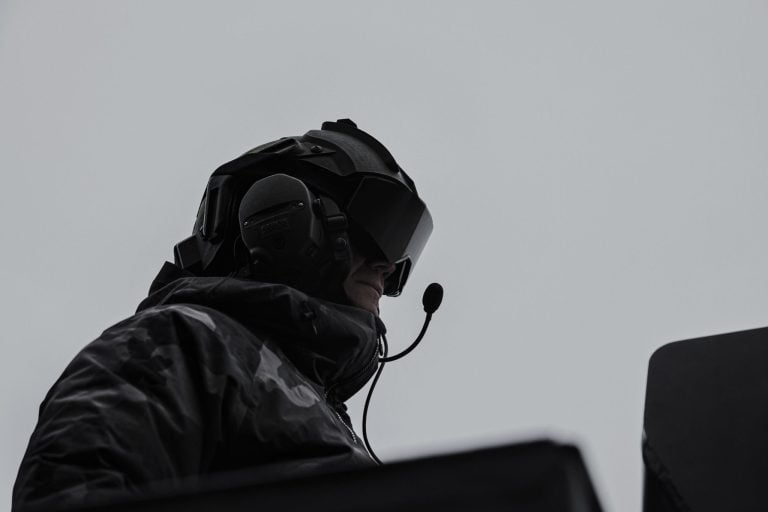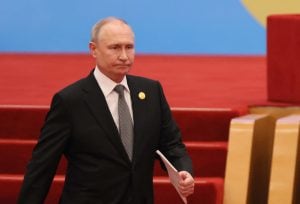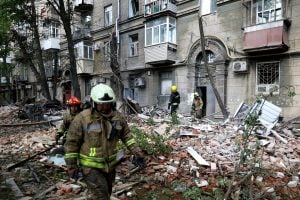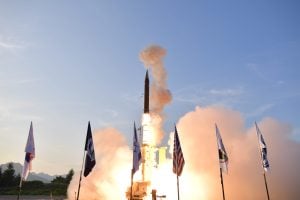Two hundred Texas National Guard troops have begun their deployment in Illinois, with the Pentagon confirming their arrival on Tuesday. This move precedes an anticipated mission in Chicago that has drawn strong opposition from local Democratic leaders.
President Donald Trump has previously dispatched troops to various cities, including Los Angeles and Washington, D.C. He has issued orders for additional deployments to Memphis, Chicago, and Portland, suggesting he might invoke emergency powers to push these actions forward, especially should the courts intervene. In comments from last week, Trump described American cities as potential “training grounds” for military forces, and has faced criticism for overstating unrest in Los Angeles and crime rates in Washington to justify these military actions. A judge has noted similar exaggerations concerning the situation in Portland.
According to an anonymous Pentagon official, the Texas Guardsmen are in Illinois to protect “federal functions, personnel, and property,” with their initial deployment slated for 60 days. On Tuesday, these troops were observed at a military facility located in Elwood, southwest of Chicago.
The arrival of the National Guard has provoked ire from Illinois Democratic Governor JB Pritzker, who declared that the troops “should stay the hell out of Illinois,” emphasizing that any military action against the state government’s wishes would be tantamount to an “invasion.” This deployment follows Trump’s authorization of an additional 700 National Guard members for Chicago over the weekend, which has prompted Illinois state officials to file a lawsuit, alleging that he is leveraging U.S. troops to “punish his political enemies.”
Illinois Attorney General and counsel for Chicago have voiced strong objections, arguing that no American citizen should live under the threat of military occupation simply based on a city or state leadership that falls out of favor with the president.
However, U.S. District Judge April Perry, appointed by Trump’s predecessor Joe Biden, opted not to grant an immediate temporary restraining order regarding the deployment, instead organizing a full hearing for Thursday.
Homeland Security Secretary Kristi Noem has backed the decision to send troops to Chicago, labeling it as “a war zone.” Trump has similarly criticized Portland, which has seen increased federal agent presence as part of his administration’s enforcement strategies, describing it as “war-ravaged” and confronting severe crime issues.
In response to the president’s attempts to deploy troops to Oregon, U.S. District Judge Karin Immergut issued a Saturday court order that temporarily blocked the deployment, arguing that Trump’s rationale was “untethered to the facts.” She stated that the protests in Portland did not present a “danger of rebellion” and could be managed by regular law enforcement.
Following this judicial setback, Trump has expressed consideration of invoking the Insurrection Act, which enables the federal government to deploy military forces within the country to quash rebellion, should there be what he deems an escalation in violence or legal obstacles posed by governors or mayors. “We have an Insurrection Act for a reason,” Trump remarked, suggesting he would resort to it if “people were being killed” and if local leadership or judicial entities obstructed military action.
